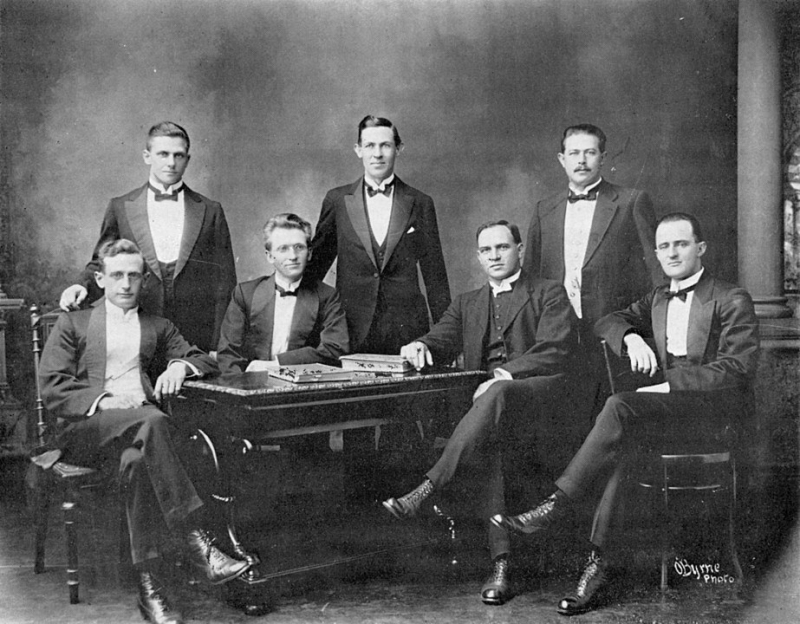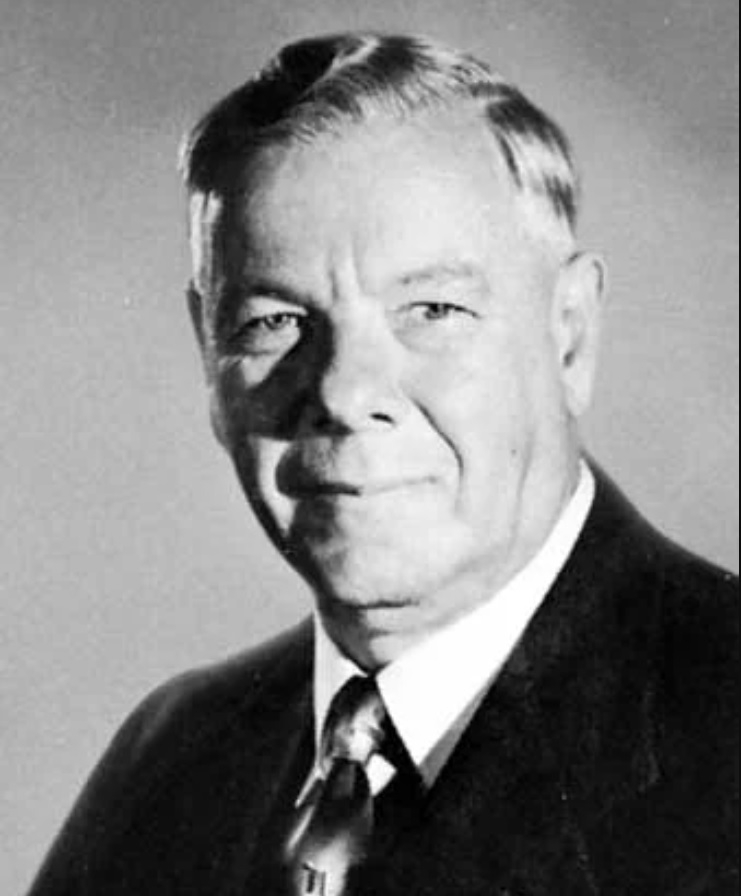The Afrikaner Broederbond
The Afrikaner Broederbond, one of the secret societies that shaped our world, was a male secret society in South Africa dedicated to the promotion of the Afrikaner people. It was created in 1918 as Jong Zuid Afrika (Dutch: Young South Africa) by H. J. Klopper, H. W. van der Merwe, D. H. C. du Plessis, and the Rev. Jozua Naudé and was renamed the Broederbond in 1920.
The organization was founded in 1918 to offset the humiliating loss of the Afrikaners by the British during the South African War (1899–1902). Afrikaner males aspired to foster Afrikaner culture and customs through the Broederbond in the face of ill-treatment by British South Africans and second-class citizenship. The Broederbond's secret network became a tool of influence, and the organization was regarded as a major force behind the Afrikaner National Party's ascension to national supremacy in 1948. Several South African prime ministers were members, notably Daniel F. Malan and Hendrik F. Verwoerd.
Its significance in South African political and social life peaked with the white supremacist National Party's leadership from 1948 to 1994 and its apartheid policy, which was mostly devised and implemented by Broederbond members. Many significant Afrikaner political, cultural, and religious personalities, including every South African government leader, were members of the Afrikaner Broederbond between 1948 and 1994.
In 1994, the organization changed its name to Afrikanerbond ("Afrikaner League") and began the process of becoming a transparent organization open to any Afrikaans-speaking South African over the age of 18, regardless of race, gender, or religion. The Afrikanerbond established a new constitution in 2006, designating the organization as the principal of and for Afrikaans-speaking people in South Africa, but with the stated goal of collaborating with other groups and the government to enhance life in South Africa for all citizens.
Founded: 1918
Location: South Africa
Purpose: the advancement of the Afrikaner people
Founder: H. J. Klopper, H. W. van der Merwe, D. H. C. du Plessis, and the Rev. Jozua Naudé












